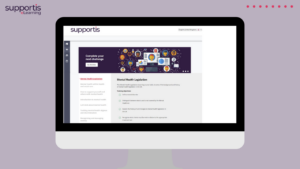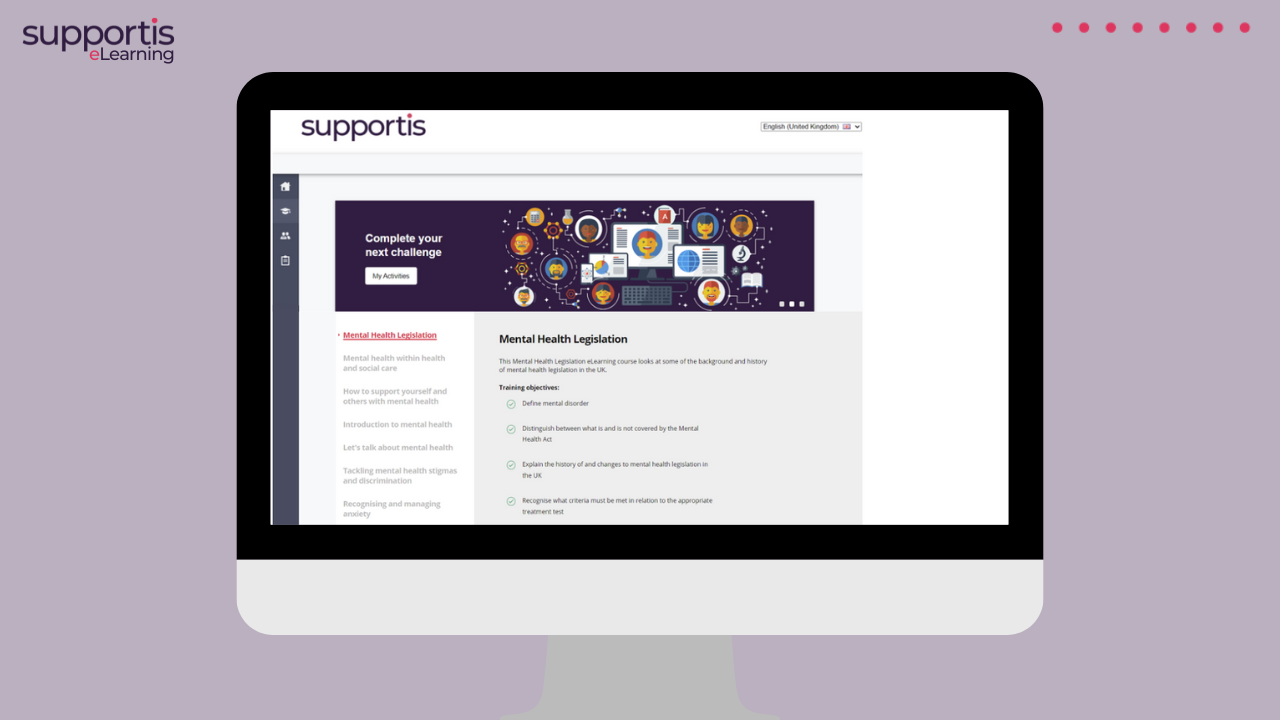What steps can employers take to tackle poor mental health, specifically in younger employees?
A recent large study found young adults (18-24) have the worst mental health of any age group.
Over a third (34%) reported signs of depression, anxiety, or bipolar disorder, up from 24% in 2000. These mental health struggles can lead to lower-paying jobs or unemployment.
The study, funded by the Health Foundation, also showed young adults with mental health issues are more likely to be jobless. Between 2018 and 2022, 21% with mental health problems were unemployed compared to only 13% without. Young women were especially affected, with 41% experiencing poor mental health compared to 26% of young men.
What steps can employers take to tackle poor mental health, specifically in younger employees?
- Promote open communication: Create a safe space for young employees to discuss mental health concerns. This could involve training managers to have open conversations, offering anonymous feedback channels, or establishing employee resource groups focused on mental health.
- Normalise mental health support: Destigmatise seeking help by offering readily available resources. This could include implementing Mental Health First Aiders, Employee Assistance Programs (EAPs), access to mental health professionals, or online resources on stress management and coping mechanisms.
- Focus on work-life balance: Implement flexible work arrangements like remote work options, compressed workweeks, or predictable scheduling. This allows young employees to manage personal needs and reduce work-related stress. Alternatively, you could conduct an anonymous employee survey to find out whether employees would find it more beneficial having a mandatory office day, to encourage social stimulation and company on at least one working day.
- Promote healthy work environments: Encourage breaks, physical activity during the workday, and clear boundaries between work and personal life. Fostering a positive and supportive work environment can significantly impact mental well-being.
- Invest in mental health training: Train managers and HR personnel to recognise signs of mental health struggles and provide appropriate support. Training can also equip young employees with self-care strategies and stress management techniques. For example, we offer specific mental health eLearning courses. Contact us using the details at the bottom of this article to find out more.
- Offer financial wellness programmes: Financial stress is a major contributor to mental health issues. Consider offering financial literacy workshops, student loan repayment assistance, or access to financial counselling services.
- Provide clear career development opportunities: Young employees often experience anxiety about their future careers. Offering mentorship programs, clear career paths, and regular feedback can provide a sense of direction and purpose.

By implementing these strategies, employers can create a work environment that supports the mental well-being of young employees, fostering a happier, healthier, and more productive workforce.
Supportis can help employers with all aspects of HR Employment Law and Health & Safety, including documentation/policy creation, amendments, management training and development. We have a team of experienced professionals who provide advice and support to thousands of employers.
To speak to our team and see how we can help your business flourish, contact us today on 0161 603 2156 or email us at [email protected]
Check us out on Instagram and LinkedIn, we post bitesize news snippets and reminders every weekday for employers like you to stay one step ahead!




